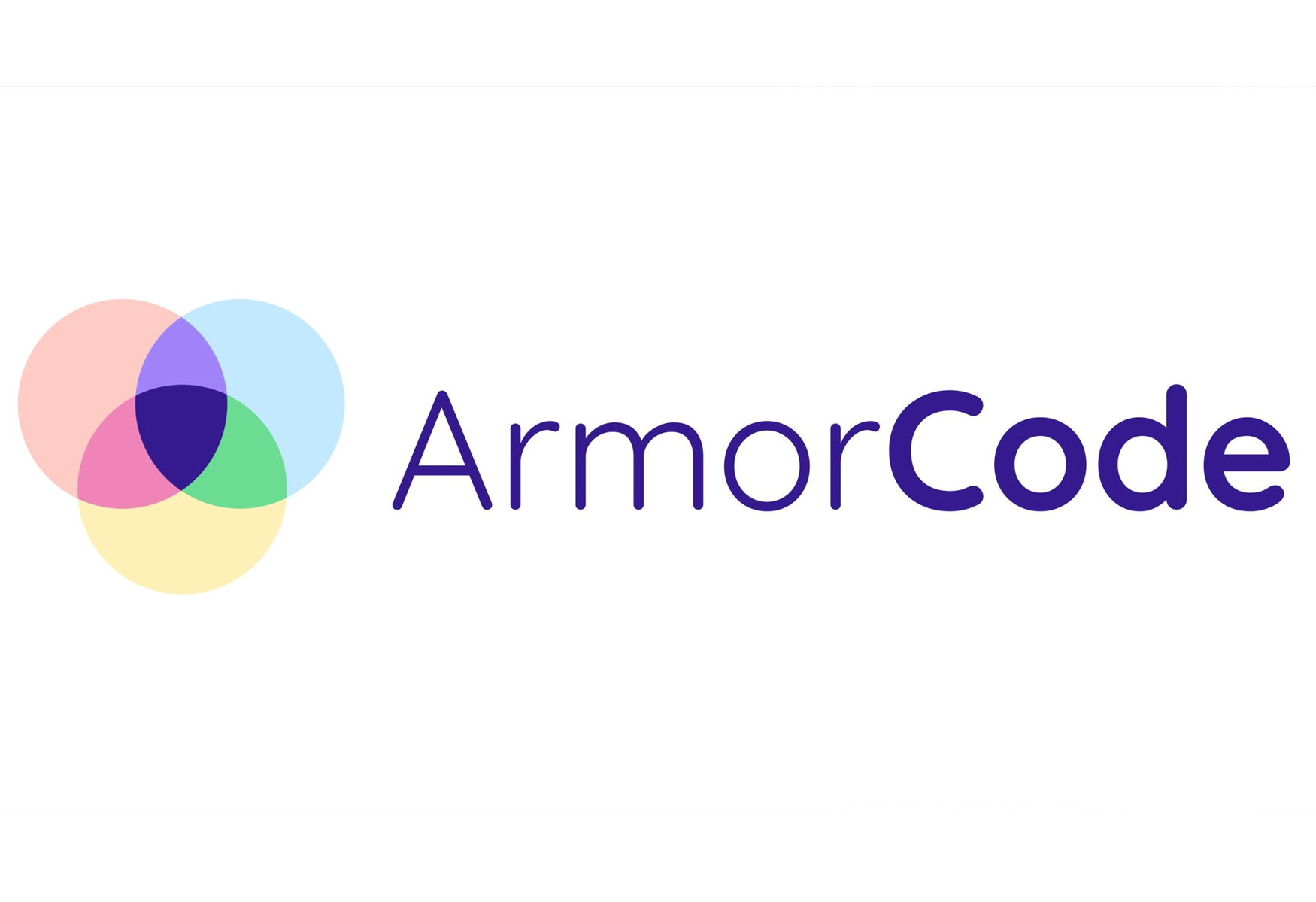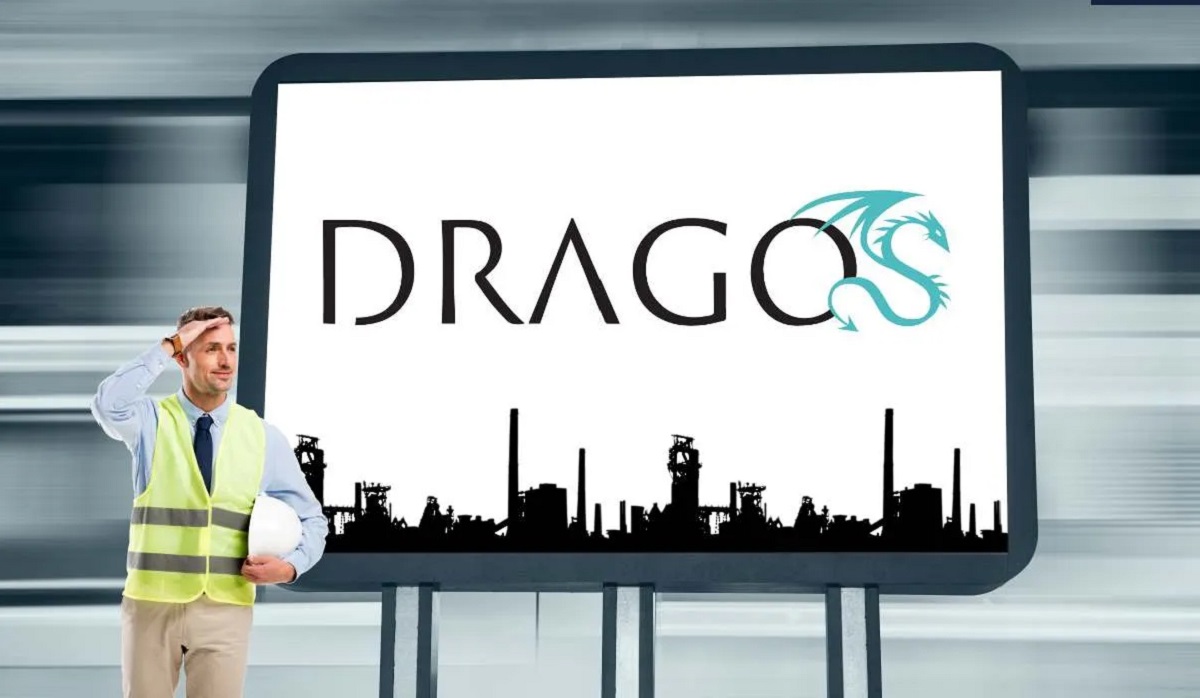Transfr, a startup specializing in developing virtual reality (VR) tools for training and career advancement, has announced that it has successfully raised $40 million in a Series C funding round. The funding was led by ABS Capital and saw participation from investors including JPMorgan Chase Impact Finance, Advisory, Lumos Capital Group, Akkadian Ventures, Spring Tide Capital, Firework Ventures, and Album. With this latest round, Transfr has now raised a total of $90 million.
Key Takeaway
Transfr, a VR platform for workforce training, has raised $40 million in Series C funding. The funds will be used to expand the executive team, scale the platform, develop new training simulations, and enhance existing offerings. The platform combines VR demos with hands-on training, targeting middle-skills jobs. Evidence suggests that VR is a cost-effective tool for workforce training. Transfr has attracted a diverse customer base and plans to expand its foreign language offerings. The company aims to make career development more accessible and is actively working with public and private entities to build classroom-to-career pathways.
According to Bharani Rajakumar, CEO and founder of Transfr, the newly acquired funds will be used to expand the executive team, scale the platform, and invest in the development of new training simulations that cover a wider range of skills and scenarios. The company also plans to enhance its existing offerings with new content and expand its foreign language offerings, particularly in Spanish.
Impressive Growth and Customer Base
Transfr has demonstrated impressive staying power in the VR industry, attracting a diverse customer base that includes government agencies, Fortune 500 companies, community organizations, workforce development groups, K-12 schools, and higher education institutions. The company claims to be installed in over 1,000 locations across the United States and has facilitated nearly 400,000 training simulations.
Transfr’s success can be attributed to its focus on “middle skills” jobs—those that require more training than a high school diploma but less than a four-year college degree. These jobs make up a significant portion of the U.S. labor market, yet only around 40% of workers are currently trained to the middle-skill level.
The Transfr Platform: Blending VR and Hands-on Training
Transfr combines VR demos with hands-on training to provide learners in industries such as manufacturing with realistic experiences. Users are guided by a digital coach, receiving instruction, feedback based on their actions, and performance assessments. Transfr’s VR training platform has been designed in consultation with subject matter experts and eliminates the need for expensive equipment, materials, and specialized facilities.
Promising Potential of VR in Workforce Training
Evidence suggests that VR has immense potential as a valuable tool for workforce training. A study by PwC found that in a corporate class of 3,000 learners, VR was 52% more cost-effective than traditional classroom training. Deloitte predicts that by 2024, 25% of company office meetings will incorporate a virtual reality element, and by 2025, approximately 70% of employee training will involve VR in some capacity.
Transfr operates on a software-as-a-service model, charging a licensing fee to customers who also need to acquire the necessary headsets to access the platform, such as Meta’s Oculus Quest headset with Oculus for Business. However, Rajakumar argues that Transfr offers greater accessibility compared to many real-world upskilling programs.

























